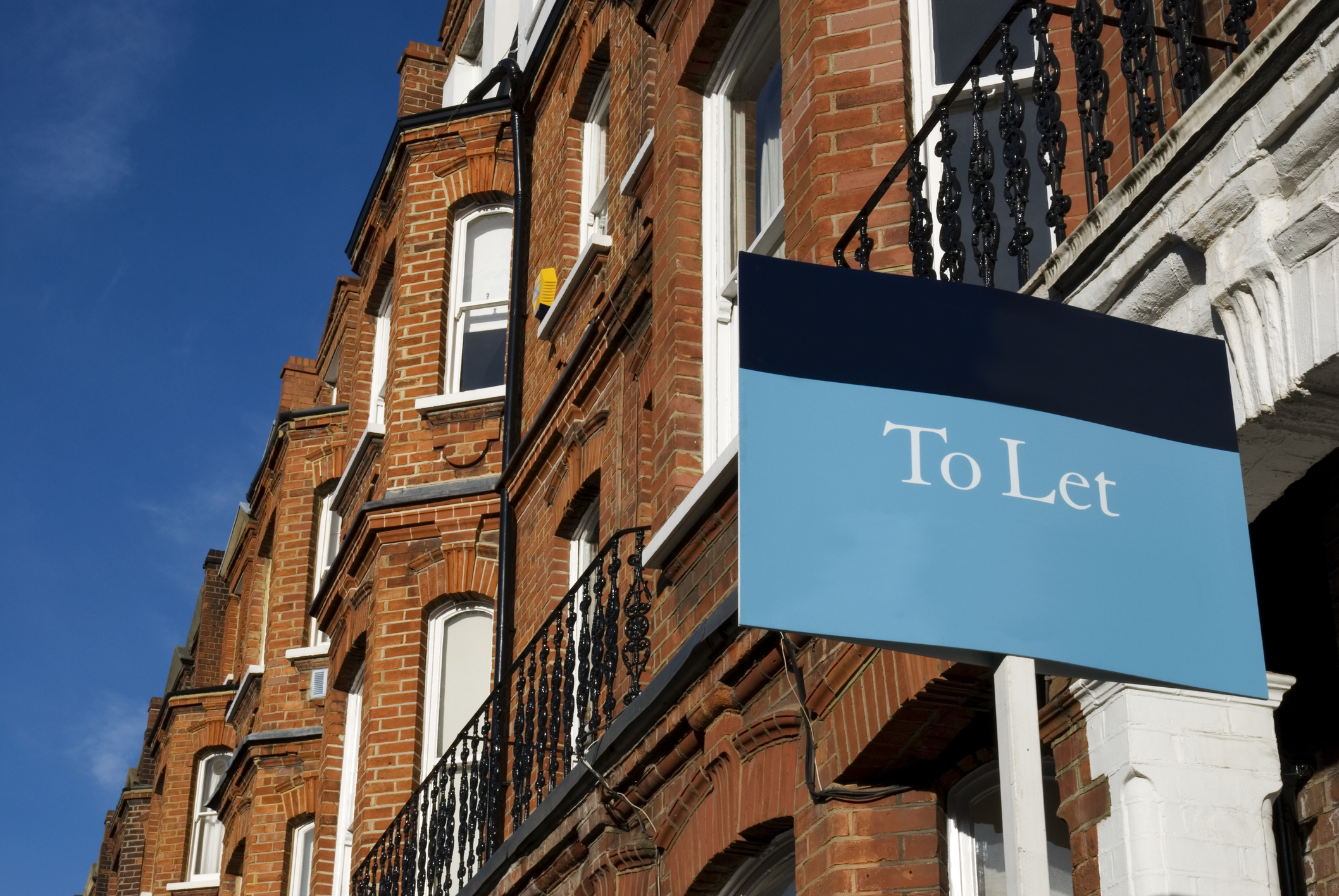
Landlords Must Get Up To Speed With Universal Credit
With over a million new applications for Universal Credit caused by the personal economic effects cause by the Coronavirus pandemic, a trade body advises landlords to get up to speed to understand the Universal Credit system; in doing so they can then help their tenants who are applying for benefits by working together to avoid the considerable risk of incurring rental arrears.
The DWP has recently reported that just under a million people have applied for the benefits, and the creaking system has had its fair share of administration and logistical problems because of the flood of new applicants.
A trade body warns that thousands of landlords will now have to deal with their tenants who had not previously needed to claim benefits.
A spokesperson for the trade body said: “As the true impact of Coronavirus takes hold, many people who have never previously needed to rely on the welfare system have to apply for Universal Credit. Many will be anxious not only due to the current situation but because of the criticism, Universal Credit has received since its introduction. The good news is that more resources have been deployed to local authorities to help claimants, and measures such as immediate access to Advance Payments, increases to Universal Credit and raising the Local Housing Allowance rate to the 30th percentile of market rents from April, are being put in place.
“We have had a surge of calls from landlords and letting agents asking advice about how the process works and if they should apply for an Alternative Payment Arrangement for their tenant, which is where the housing element of UC goes straight to the landlord to cover the cost of rent.”
The trade body believes there are four important steps that landlords must undertake to help their tenants who are applying for Universal Credit.
1) Keep in contact with and support tenants if they are applying for Universal Credit, as it is more than likely they have either been made redundant or had a drop in earnings. They will no doubt be extremely worried about losing their home.
As landlords are able to consider a rent reduction if the housing benefit is lower than the monthly rent, because some form of contribution towards the rent far outweighs receiving no rent at all.
2) If a tenant has to claim benefits because of the Coronavirus then the landlord will need to provide a letter stating the monthly rent, the address of the property the tenant lives in and when the tenancy first started to help them qualify for the Universal Credit housing allowance.
3) It is a good idea for a landlord to find out from the tenant their starting date for their benefit entitlement, this will help establish how it correlates with the Tenancy Agreement.
4) Universal Credit payments are made once a month and a tenant may prefer for landlord to receive the housing element directly . This needs to be discussed between landlords and tenants if this course of action is agreeable, and if so the landlord will need to fill out a UC-47 form for an Alternative Payments Agreement with the DWP.


If you have any comments, please email the author of this article and click on the link above